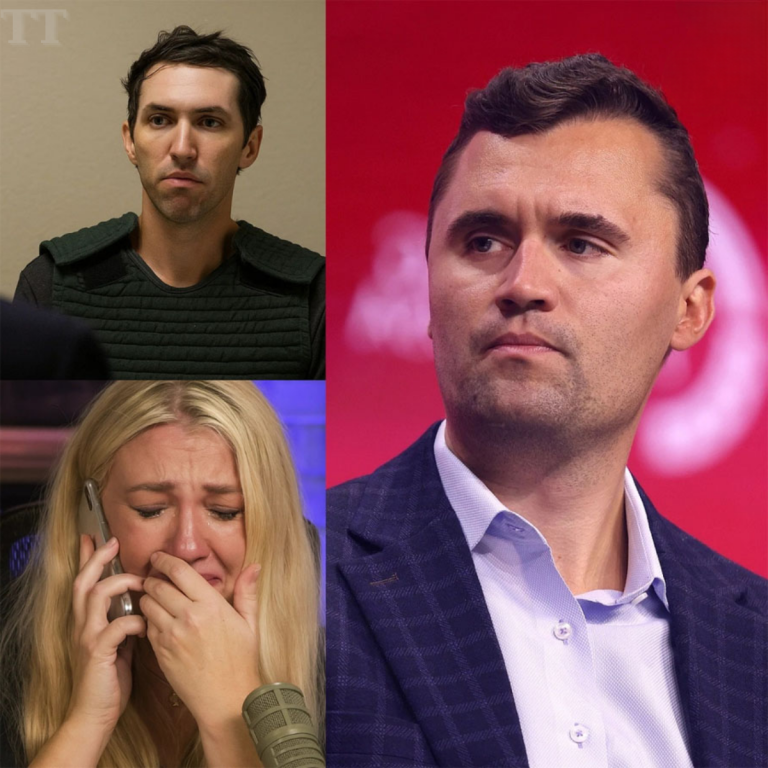The case of Charlie Kirk’s assassination has taken yet another dramatic turn. Tyler Robinson, the 22-year-old suspect arrested in Utah last week, has issued his first public statement after confessing to the killing of the conservative activist. But instead of providing clarity, Robinson’s words have raised a storm of doubt — leaving investigators, analysts, and the public wondering whether the truth is far more complicated than it seems.

The Confession
In his statement, released through his attorney, Robinson admitted responsibility for firing the shot that killed Kirk during a Turning Point USA event. He expressed remorse for the loss of life, but did not explain his motives in detail.
“I accept full responsibility for my actions,” the statement read. “Nothing can undo the pain caused. I alone bear the burden.”
Yet the simplicity of this confession has only deepened suspicions.
Contradictions That Cannot Be Ignored
Observers point out that Robinson’s written account conflicts with earlier testimony and available evidence:
Ballistics reports suggest the fatal bullet may not have been fired from the weapon found in Robinson’s possession.
Eyewitness accounts describe two figures seen fleeing the rooftop where the shooter was positioned — but Robinson claims he acted alone.
Timeline discrepancies show Robinson could not have reached the location quickly enough from where security cameras last spotted him minutes before the attack.
These contradictions have sparked speculation that Robinson may be shielding someone else or has been pressured into making a confession.
A Convenient Narrative?
Legal experts warn that the case may be moving too quickly toward closure. “A clean confession is often appealing to both prosecutors and the public,” said Professor Laura Jenkins, a criminal law scholar. “But when the evidence doesn’t align, rushing to accept it can obscure the truth.”
The question looming now is whether Robinson is genuinely guilty — or whether he has chosen to take responsibility for a crime carried out, at least in part, by others.
The Human Factor
Friends of Robinson describe him as quiet and reserved, with no history of violent behavior. His family, already under intense public scrutiny, has urged transparency. His father, who alerted authorities when suspicion first fell on his son, has asked that “the full truth be revealed, no matter how painful.”
Meanwhile, Robinson’s mother, known for her work helping disabled individuals secure care and support, has remained largely silent, focusing on protecting her family from a media frenzy.
Public Reaction
The American public remains divided. Supporters of Charlie Kirk demand swift justice, insisting that Robinson’s confession is proof enough. Others, however, argue that lingering questions must be addressed before the case is closed.
On social media, the phrase #WhoReallyKilledKirk has begun trending, with users speculating about possible conspiracies and cover-ups. Some point to the politically charged nature of Kirk’s activism as reason to believe the attack may have been orchestrated by more than one person.
What Comes Next
Authorities have not ruled out further investigation, but pressure is mounting to bring closure to a case that has shaken the nation. The trial is expected to move forward in the coming months, where evidence will be scrutinized under oath and cross-examination.
For now, Robinson’s statement leaves the public with more questions than answers. Did he act alone? Is he taking the fall for someone else? And most importantly — will the truth ever fully emerge?
As the nation continues to mourn the loss of Charlie Kirk, the demand for justice grows louder. But with so many contradictions in play, what justice looks like remains an open question.






